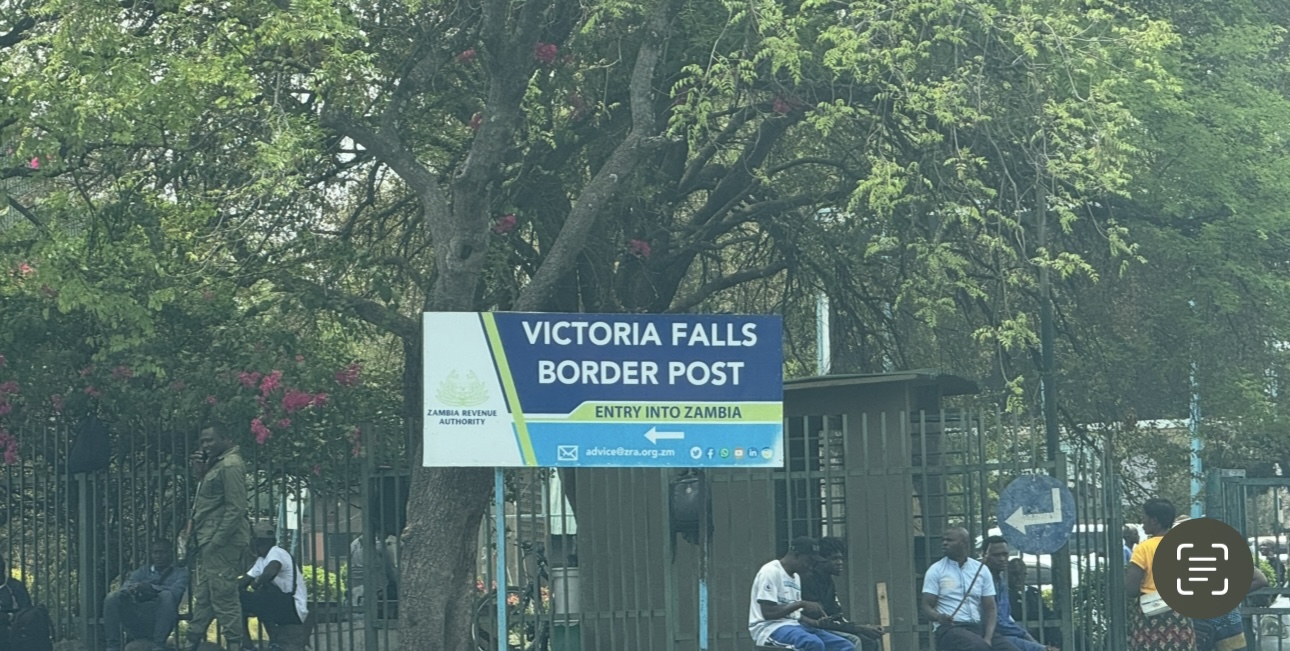BY NOKUTHABA DLAMINI
As Zimbabwe battles a surge in drug and substance abuse, the government has tabled a new Bill in Parliament seeking to establish a powerful agency to coordinate enforcement, rehabilitation, and prevention programmes across the country.
The National Drug and Substance Abuse Control and Enforcement Agency Bill (H.B. 12, 2025) proposes the creation of a dedicated agency mandated to combat the supply and demand of illicit drugs, provide rehabilitation services, and strengthen coordination between law enforcement and social service institutions.
According to the explanatory memorandum of the Bill, the agency will operate under two main divisions — a Social Services Intervention Division to focus on prevention, treatment and community rehabilitation, and an Enforcement Division to target supply chains, trafficking networks, and related financial crimes.
The legislation describes drug abuse as “a grave internal national security threat” and “a public health crisis” that fuels organised crime, corruption and violence. It notes that drug profits have enabled criminal cartels to “purchase the instrumentalities of crime, including weapons,” and to corrupt both civilian and non-civilian public officials.
Under the new framework, the agency will have powers to:
- Investigate and arrest individuals involved in drug trafficking and production;
- Work jointly with the Zimbabwe Republic Police, Zimbabwe Revenue Authority, and Medicines Control Authority of Zimbabwe;
- Establish checkpoints at ports of entry and exit to intercept harmful substances; and
- Expand the legal definition of “harmful drugs” to include emerging synthetic substances, in consultation with the Medicines Control Authority of Zimbabwe.
The Social Services Division will lead prevention campaigns, develop demand-reduction programmes, and facilitate the creation of rehabilitation and detoxification centres nationwide. It will also introduce a monitoring system requiring schools, employers, and local authorities to adopt anti-drug awareness and intervention programmes within 90 days of the Act’s commencement.
Each province and district will host offices of the agency to decentralise services and ensure community-level engagement, while traditional leaders will help devise local prevention strategies.
The Bill further empowers the agency to employ prosecutors from the National Prosecuting Authority to handle drug-related cases, signalling a shift toward specialised prosecution of narcotics offences. It also introduces a new, stricter “standard scale of fines” and penalties for drug crimes — higher than those prescribed under existing criminal laws.
In a major development, the proposed law integrates the agency into Zimbabwe’s Money Laundering and Proceeds of Crime Act, allowing it to pursue unexplained wealth orders and seize assets linked to drug cartels.
The Bill stresses rehabilitation and social reintegration as key pillars. It obliges the agency to support affected individuals through psychosocial counselling, vocational training, and community wellness programmes aimed at helping addicts rebuild their lives.
If passed, the National Drug and Substance Abuse Control and Enforcement Agency will replace fragmented anti-drug efforts currently scattered across ministries and law enforcement agencies, creating a central authority to drive national strategy and coordination.
Parliament is expected to debate the Bill in the coming weeks amid growing concern over youth addiction to crystal meth, cough syrups, and other illicit substances that have taken root in both urban and rural communities.

 Slider3 years ago
Slider3 years ago
 National4 years ago
National4 years ago
 Tourism and Environment4 years ago
Tourism and Environment4 years ago
 Opinion4 years ago
Opinion4 years ago
 Special reports4 years ago
Special reports4 years ago
 National4 years ago
National4 years ago
 National3 years ago
National3 years ago
 National3 years ago
National3 years ago



